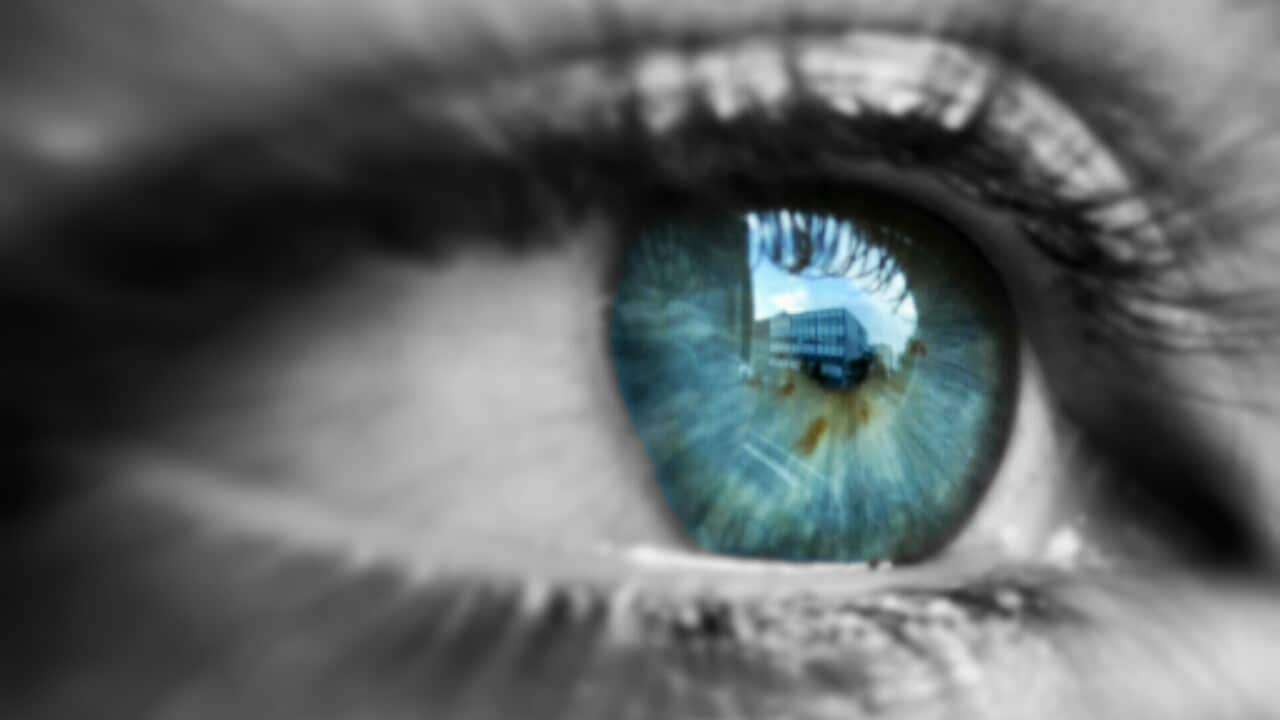During my first few years living away from Canada, I'd often joke about how I moved to Australia to escape my family. And there's some truth to it.
My family is broken beyond repair. My parents divorced when I was four and my entire childhood was one hateful comment, family feud or disconnect after another. Lots of he said, she said; not just between my parents, between my siblings too.
Today, I'm estranged from several family members – mostly by choice. The distance between our hearts and minds is greater than the distance between our homes.
I've given up hope of ever being one big happy family because in truth, we've never been that. There were no all-inclusive family holidays. Weddings weren't as important as keeping the conflict alive. Even a sister’s death couldn’t bring us together. We buried her but we didn't bury the hatchet.
I've given up hope of ever being one big happy family because in truth, we've never been that.
In a family of seven children, estrangement can be complex, confusing and uncomfortable for everyone. Sometimes, I wonder why we just can't get along.
“I dare say that there wouldn't be a family that doesn't have estrangement somewhere in it,” says Kylie Agllias, social work researcher and author of Family Estrangement: A Matter of Perspective.
Agllias, conjoint lecturer at the University of Newcastle, has spent more than 10 years researching estrangement. She says the latest research suggests that one-in-12 people are estranged from at least one family member: Agllias explains it's a hard statistic to pin down because the subject is often not talked about.
“Society looks negatively on people who are estranged and often blames them for their estranged status,” she says.
I've certainly had to endure tut-tuts, sneers and sad looks when I tell people that I don't talk to my parents regularly or that I don't speak to some of my siblings at all.
While talking to Agllias, she asks me if the focus of this article is on the estranger or the estrangee. “Both, I guess. I am both; many of my family members are both; it’s a huge problem. It’s like we use it as punishment,” I reply.
I am the one who cut ties with two of my siblings, which makes me the 'estranger'. It was my choice and I've stood by that choice even after attempts at a reconciliation.
It was not my choice when a niece suddenly and sharply decided she didn't want me in her life (after being close), so I became the 'estrangee'. That was 17 years ago and those scars run deep.
Last year, a sister unfriended and blocked me from Facebook after I said a few things she obviously didn't like. There was no discussion, no communication at all – she just cut me out. I'm okay with that. I don't need that kind of drama in my life.
Estrangement isn't always bad. Some people achieve growth and healing from an estrangement.
Estrangement's ambiguous and disenfranchised nature stirs up mixed emotions that don't go away easily. Agllias says estrangement can be extremely distressing for some people.
“If you're the one who's been cut off, it's more about learning to live with the other's choice and learning to live with yourself while in an estranged state.
“Both parties report loss after estrangement, and it generally takes time to negotiate a new and satisfying life without the other person,” she says.
I've lived in a dysfunctional family my entire life so it's all I know. Does it bother me? Yes. Am I responsible for my estranged relationships? Absolutely. Do I want repair them? No.
Some relationships, whether they're family or not, cannot be mended.
“Estrangement isn't always bad. Some people achieve growth and healing from an estrangement,” says Agllias.
Living in Australia has physically distanced me from the family drama but emotionally, it will always be close.
If you need help, or this story has raised issues for you, please call on 13 11 14, or visit .
The ground-breaking new six-part documentary series, , continues on Wednesdays on SBS at 8.30pm. Each episode will be available to view on SBS On Demand after broadcast.





